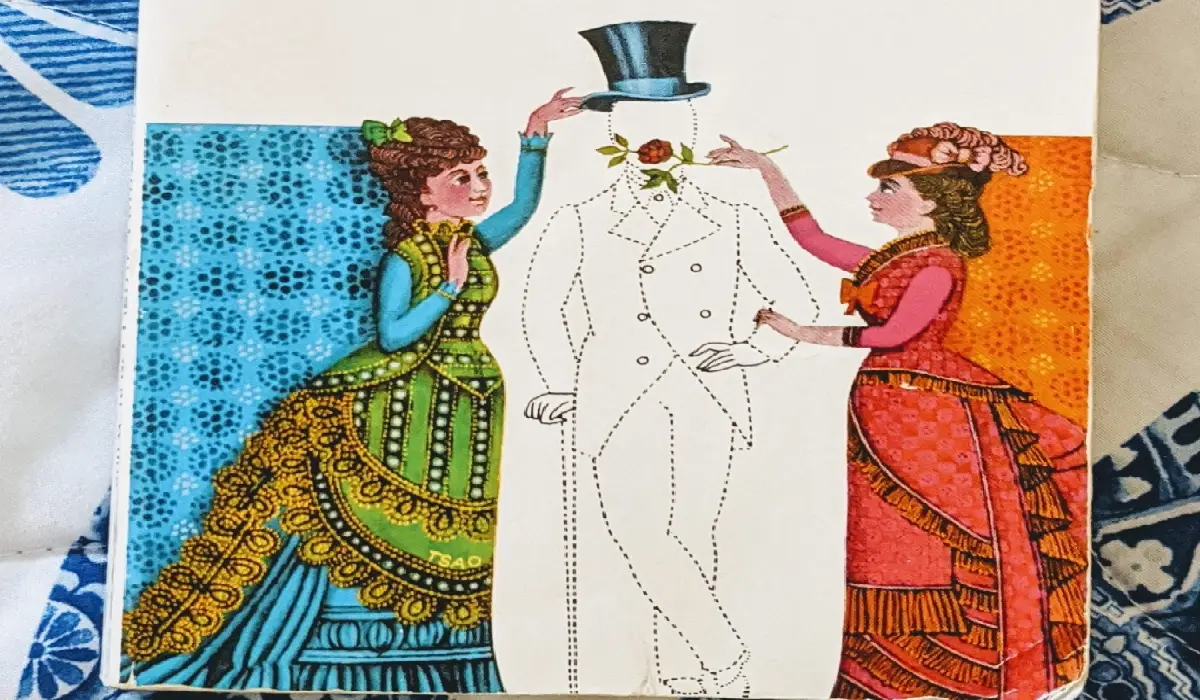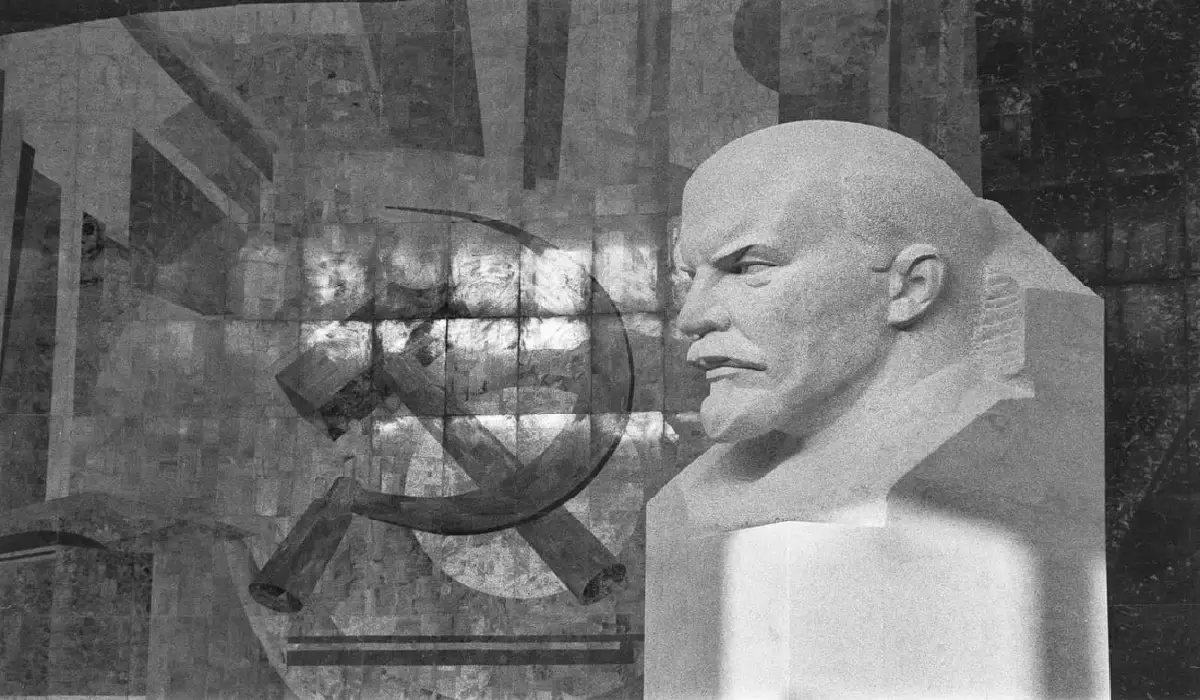
The Reflection of Social Mores and Conventions of Victorian England in Oscar Wilde’s The Importance of Being Earnest
The Importance of Being Earnest written by the Irish writer Oscar Wilde is a play that still is being discussed as a reflection of the social conventions, morality and conditions of the 19th century England. This Victorian mockery satirizes the society that fell blindly in love with the idea of earnestness and living an “earnest” life. The writer uses the word ‘earnest’ as a pun in the title of the play. Each characters that we confront in the play are representatives of certain thought processes and ideologies that were prevalent in the Victorian era.
The tendency of people to create a dual identity to escape from the responsibilities and expectations of the society was commonly found in the 19th Century England. The main characters of the play Jack Worthing and Algernon does the same. Both of them has got similar kind of reasons for creating their imaginary characters. Jack says that, “When one is in town one amuses oneself. When one is in the country one amuses other people. It is excessively boring” (Wilde 5-6). Jack uses the name Ernest when he is in the town. When he is in the country, where he uses his real identity, he is responsible of taking care of his ward Cecily. Hence to escape from such responsibilities when he is in the town, he uses his fake identity. He could amuse himself and get out of the responsibility which he feels is boring to do. Also Algernon, creates an imaginary friend named Bunbury whom he says is ill when he wants to avoid unpleasant or unwanted social obligations. Therefore the author pictures out the youths of the Victorian era who are who are not ready to take up the responsibilities and run away from them by giving lame reasons.
The immense attraction of the people of the period to material possessions and abstract concepts are portrayed in the play. The two lady characters in the play Cecily and Gwendolen are attracted to Algernon and Jack respectively because they were known to them by the name Earnest. Gwendolen thinks that the people who has the name Earnest are indeed earnest, which sounds extremely silly. When Jack proposes Gwendolen she says to him that, “The moment Algernon first mentioned to me that he had a friend called Ernest, I knew I was destined to love you” (Wilde 28) and that it was a divine name which had a music of its own and produce vibrations (Wilde 28-29). This makes us clear how people are fascinated by the names that have a pious quality attached to it. Cecily on the other hand is attracted to the fictional character Earnest whom Jack used to say is his brother and is a real trouble maker. Hence she is fascinated by the negative traits if the character Earnest. When Algernon proposes to her, she says that they were actually engaged three months ago. When he asks how’s that possible she says,
Well, ever since dear Uncle Jack first confessed to us that he had a younger brother who was very wicked and bad, you of course have formed the chief topic of conversation between myself and Miss Prism. And of course a man who is much talked about is always very attractive. One feels there must be something in him after all. I daresay it was foolish of me, but I fell in love with you, Ernest. (Wilde 88-89)
This is another silly thought by Cecily thinking wicked people are attractive. She says that she wouldn’t want a sensible man because she wouldn’t know what to do with him. In the 19th century England, it was common for the girls who have always been confined to their homes to get fascinated by wicked men and fall for them loosening from the reality.
In Victorian England, it was common for an elder respected relative in the family to give approval for a marriage. So Lady Bracknell place her suggestion on Cecily marrying Algernon. Also the same way, as Jack is the caretaker of Cecily he was also responsible to decide whether Cecily should marry Algernon or not. Bracknell was not interested in the marriage because she realised that Cecily was an orphan. But as soon as she realises Cecily was wealthy, the snobbish matron reveals the tensions reshaping Victorian ideals. She suddenly attributes Cecily with positive traits. She equates Cecily’s wealth with Cecily’s character. This could be clearly read as a hypocrisy on Lady Bracknell’s part. It is also an instance where she embodies the transformations that Victorian society underwent when England was swept by the industrial revolution and the concept of capitalism bind the minds of the English people, which was also a major aspect of Victorian hypocrisy.
Therefore we could understand that The Importance of Being Earnest was indeed a mirror to the 19th century England. The writer had tried to bring out a number of social conditions and human ideologies with the help of humour. He has satirized the social mores and conventions that were occurring profoundly in the Victorian era. When Jack finally announces, “I’ve now realised for the first time in my life the vital Importance of Being Earnest”(Wilde 153), the writer not only discusses about being earnest or having the name Earnest, but also produce an outburst of liberation from the clutches of the dark Victorian concepts.
Reference:
Wilde, Oscar. The Importance of Being Earnest. Google Play Books. https://play.google.com/books/reader?id=4HIWAAAAYAAJ&pg=GBS.PP20.w.0.0.0.2. Accessed on 2 July 2021.
“The Importance of Being Earnest Study Guide.” Course Hero, www.coursehero.com/lit/The-Importance-of-Being-Earnest/. Accessed on 2 July 2021.

Modernism, which was born out of rebellious spirit at the start of the 20th century, was a bold approach that sought to revive the views of life, art, politics and science of modern civilization.

The relation between you and everything and everyone you have come across is arbitrary.